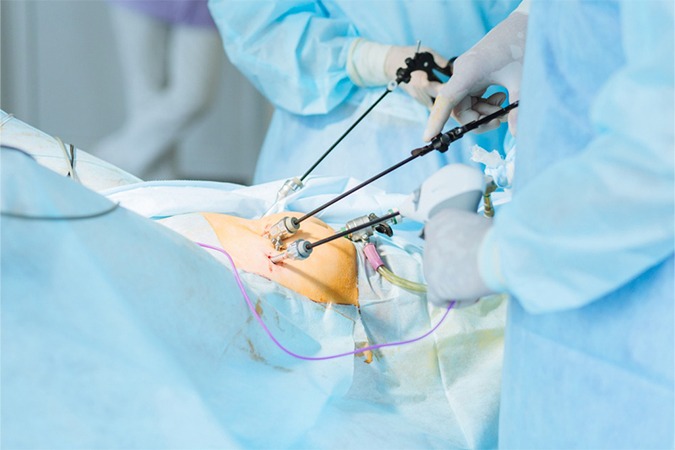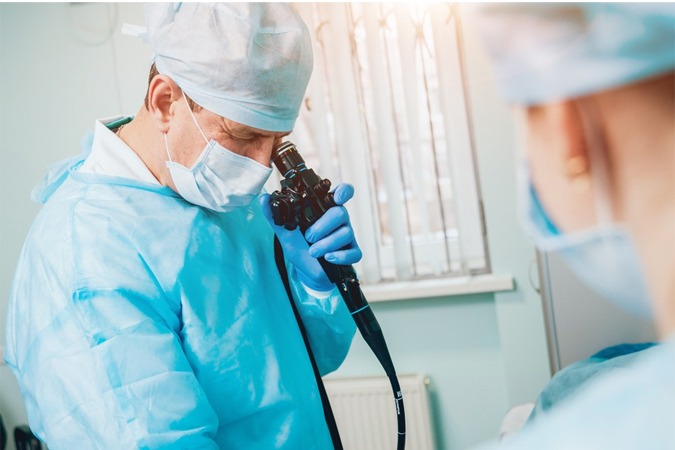


Advanced laparoscopic surgery is a minimally invasive surgical method that makes tiny abdominal incisions and uses specialized equipment to do complicated tasks. This minimizes damage to surrounding tissues while enabling surgeons to reach and operate on interior organs with increased control and precision.
The advantages of sophisticated laparoscopic surgeryThe field of advanced laparoscopic surgery is always being refined and expanded by technological breakthroughs. Among the innovations are:
Modern laparoscopic surgery has completely changed the surgical care landscape by providing patients with minimally invasive choices for a variety of ailments. Advanced laparoscopic surgery has enormous potential to increase surgical precision and patient outcomes as long as technology keeps developing.

IVF, or In Vitro Fertilization, is a process where eggs are retrieved from a woman’s ovaries and fertilized with sperm in a laboratory. Then the embryo formed is transferred back to the uterus for pregnancy to occur.
For IVF, success rates are dependent on age, fertility conditions and embryo quality. Here at Dr. Akash Surana fertility clinic, we have the advantage of utilizing advanced techniques for the success of every client.
Infertility can be due to hormonal dysfunctions, ovulatory problems, blocked Fallopian tubes, spermatogenesis failure or lack, or simply because of age. All the cases are distinct, hence we provide personalized treatment with targeted therapies.
Cellular therapy is aimed at regenerative treatment of reproductive structures, restoring ovaries health and elevating entire fertility. Thus, it could be a useful addition to the standard reproductive procedures such as IVF.
Most patients feel that because of the injections or various procedures some degree of discomfort can be expected, however, this does not make the patients uncomfortable. Our team ensures that patients are comfortable throughout the treatment.
Usually, one IVF cycle lasts around 4-6 weeks counting from day one of ovarian stimulation till embryo transfer. However, this period is subject to change depending on individual circumstances.